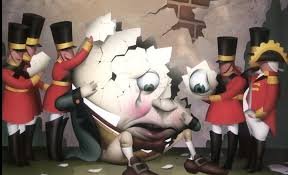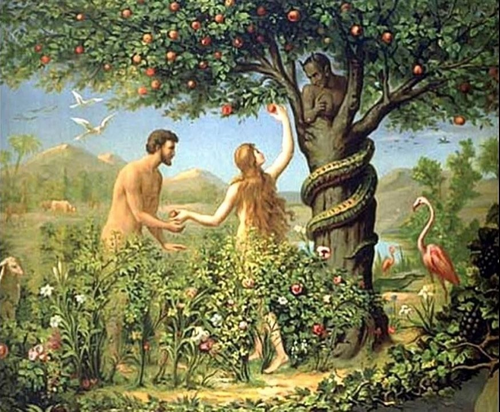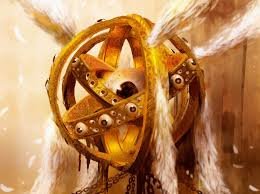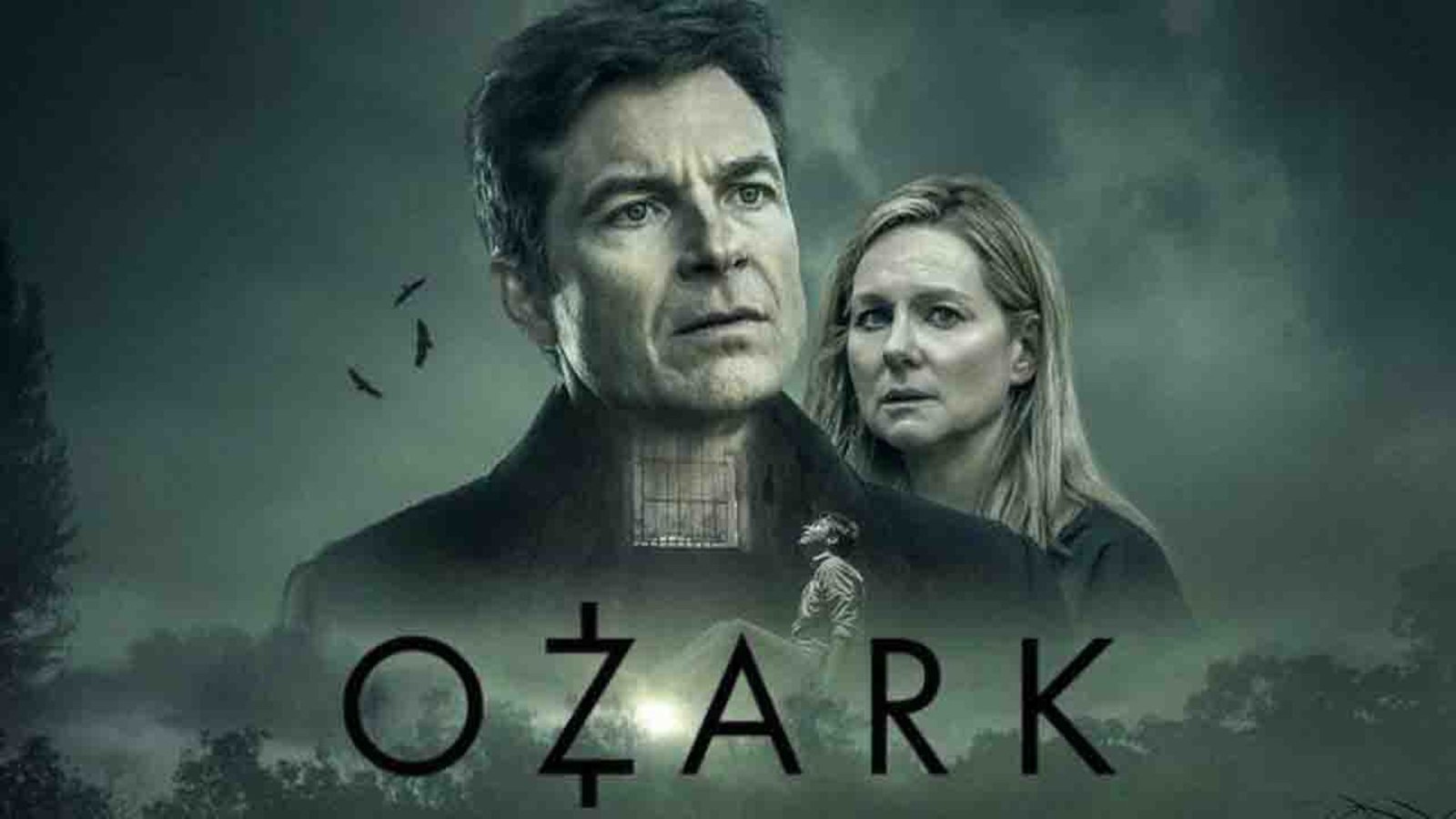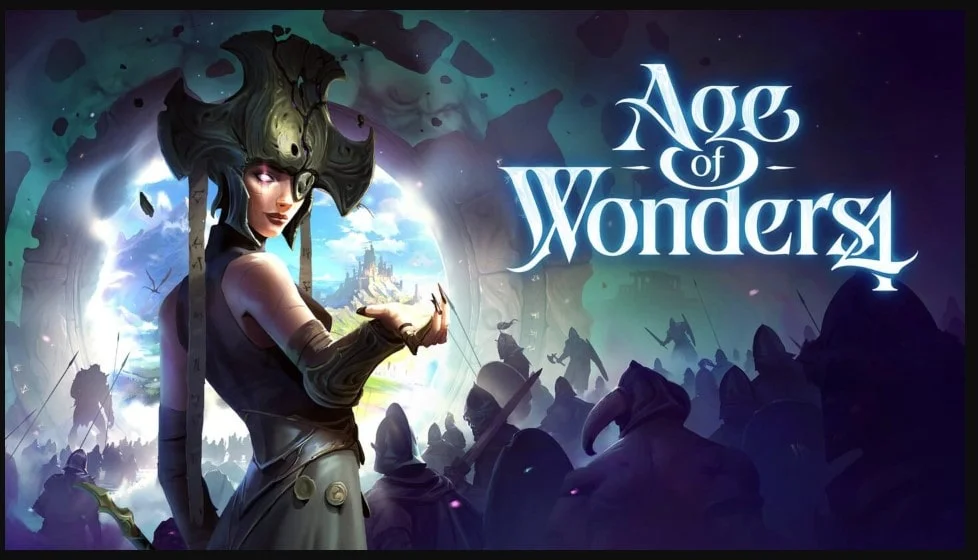Humpty Dumpty is one of the most famous nursery rhymes in the world, but have you ever wondered about its true meaning? While most people remember the rhyme fondly from childhood, few stop to think about its deeper story or the origins behind it. In this blog, we’ll uncover the fascinating Humpty Dumpty meaning and explore how this simple rhyme became a cultural icon.
The Origins of Humpty Dumpty
The story of Humpty Dumpty dates back centuries, and its earliest references are not what you might expect. The rhyme first appeared in English literature in the late 18th century, but its origins may go even further back.
Humpty Dumpty was not always associated with an egg. In fact, the original “Humpty Dumpty” might have been a metaphor for something else entirely. The term was often used in old English slang to describe a clumsy or unsteady person. Transitioning into literature, the name became a character who faced a great fall, sparking endless interpretations.
The Nursery Rhyme We All Know
Here’s the classic version of the Humpty Dumpty nursery rhyme:
Humpty Dumpty sat on a wall,
Humpty Dumpty had a great fall.
All the king’s horses and all the king’s men,
Couldn’t put Humpty together again.
Simple, right? But behind this rhyme lies a world of mystery. What does it mean? Why couldn’t anyone help Humpty? Let’s dig deeper.
Humpty Dumpty Meaning in Literature
Over the years, literary scholars have debated the meaning of Humpty Dumpty. Many believe it’s a metaphor for political instability or the downfall of a leader. The rhyme’s origins during a turbulent historical period in England lend weight to this theory. Some interpretations even suggest Humpty Dumpty symbolizes the fragility of power or societal systems.
For instance, in the 17th century, England was rocked by civil wars. Some historians argue that Humpty Dumpty might represent a monarch whose reign ended in disaster. This interpretation fits the imagery of something (or someone) fragile falling and being impossible to repair.
Why Is Humpty Dumpty an Egg?
One of the most curious aspects of Humpty Dumpty is why we imagine him as an egg. Interestingly, the rhyme itself never mentions this! The idea of Humpty Dumpty as an egg only became popular after Lewis Carroll included the character in his book Through the Looking-Glass (1871).
In the book, Humpty Dumpty is depicted as a talking egg sitting on a wall. Carroll’s whimsical portrayal captured the public imagination and forever associated the character with his egg-like appearance. Transitioning from literature to pop culture, Humpty Dumpty became a symbol of fragility and misfortune.
Symbolism in Humpty Dumpty
Humpty Dumpty’s meaning can be interpreted in several ways. Here are some common themes:
- Fragility of Life: The rhyme reminds us that some things, once broken, cannot be fixed.
- Fall from Power: It may symbolize the consequences of pride or overconfidence.
- Human Vulnerability: The character of Humpty Dumpty reflects the human experience of failure and recovery.
These symbolic meanings are why the rhyme remains relevant across generations.
The Cultural Impact of Humpty Dumpty
Humpty Dumpty has transcended its nursery rhyme origins to become a cultural icon. From children’s books to films and even political cartoons, the character is a versatile symbol. Its meaning evolves depending on the context, making it one of the most enduring pieces of folklore.
For instance, in politics, “Humpty Dumpty” is often used to describe leaders or systems that seem stable but are at risk of collapsing. In literature, it represents themes of loss and irreparability.
Why Is Humpty Dumpty So Popular?
The popularity of Humpty Dumpty can be attributed to its simplicity and universal themes. Children love its playful rhythm, while adults find deeper meaning in its allegorical nature. Transitioning seamlessly between age groups, it holds a special place in the hearts of many.
Read more: Biblically Accurate Angels: What the Bible Reveals About Their True Nature
FAQ: Understanding Humpty Dumpty Meaning
Humpty Dumpty is a nursery rhyme character symbolizing fragility, failure, or downfall. While often depicted as an egg, its meaning extends to themes of loss and irreparability.
The idea of Humpty Dumpty as an egg comes from Lewis Carroll’s Through the Looking-Glass, where he is illustrated as a talking egg.
The rhyme dates back to 18th-century England and may have earlier roots in slang describing a clumsy person. It might also reference political events or figures.
Some theories suggest Humpty Dumpty symbolizes a fallen monarch or political leader, but there’s no definitive evidence linking it to a real person.
The rhyme teaches us about the fragility of life, the irreparability of certain mistakes, and the importance of humility.
Final Thoughts
The Humpty Dumpty meaning is more profound than it appears at first glance. While children love the rhyme for its playful rhythm, adults can appreciate its deeper themes of fragility and irreparable loss. Whether you see it as a simple nursery rhyme or a metaphor for life’s challenges, Humpty Dumpty continues to captivate us all.
By exploring its origins, symbolism, and interpretations, we can better understand why this timeless rhyme remains so popular. Next time you hear the phrase “Humpty Dumpty,” you’ll know there’s much more to the story than meets the eye!


